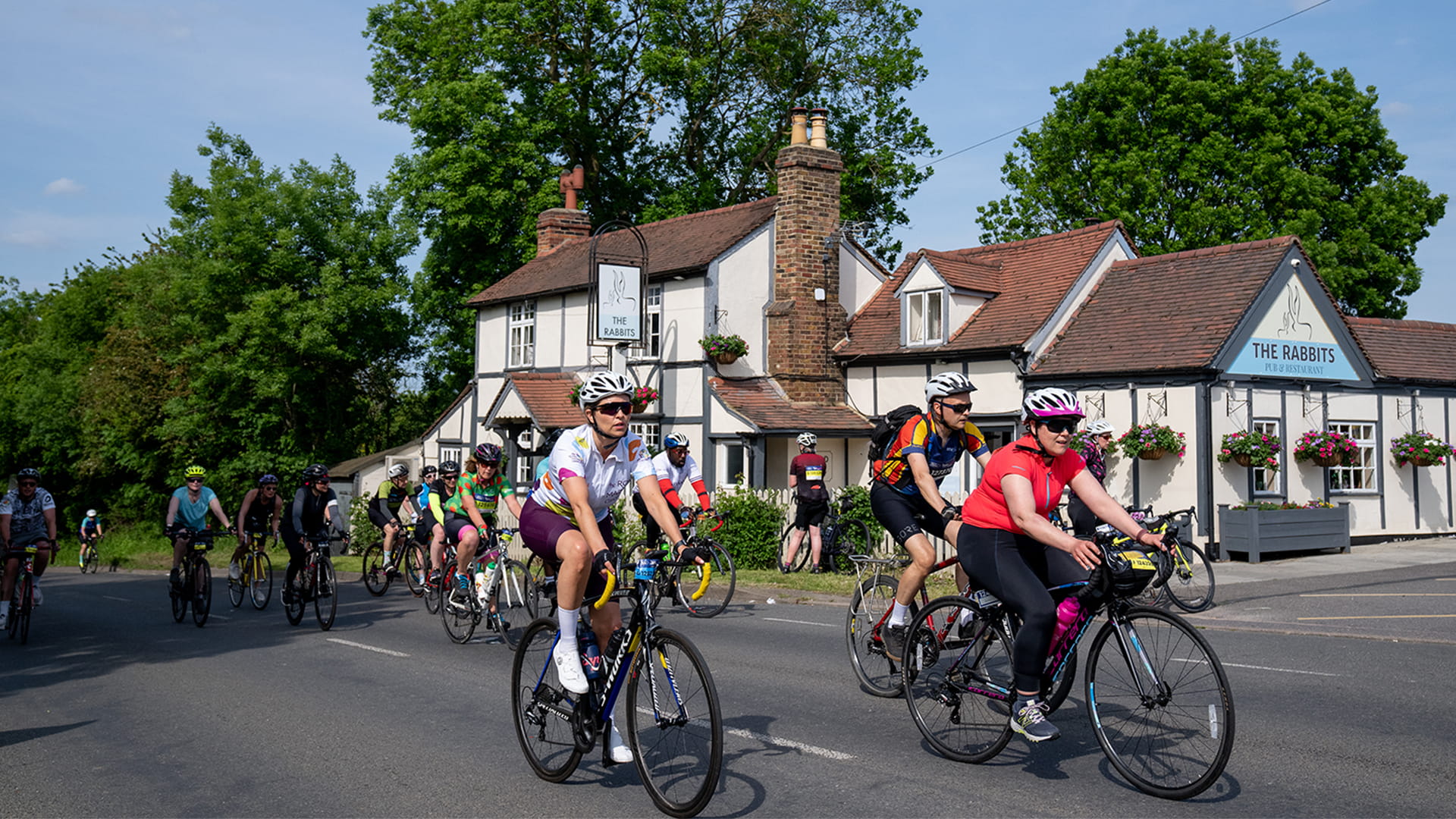Transport for London, Active Essex and the organisers of Ford RideLondon today [Thursday 23 May] announced the findings from the study of the socio-economic impact of the 2023 edition of Ford RideLondon.
The study was based on the 30,000 people who registered for any of the Ford RideLondon-Essex rides, FreeCycle participants and the estimated 34,000 spectators who attended on one or more of the three days the event took place in Essex over the weekend of Friday 26 May to Sunday 28 May 2023.
As well as a financial boon to the economies of London and Essex, Ford RideLondon – the most successful legacy event from the London 2012 Olympics – resulted in increased levels of physical activity among those taking part as well as those watching on, with those in Essex saying they felt proud of the event being hosted in their county.

Will Norman, Walking and Cycling Commissioner at Transport for London, said: “These fantastic statistics show exactly why events like Ford RideLondon are so important. Not only do we see a positive effect on people’s behaviour when it comes to active travel, but it is also giving a much-needed boost to the wider economy. I hope to see lots of people coming down to support this year’s event, from people who cycle every day, to those who want to get started. Cycling is for everyone, and we are so pleased Essex and London residents seem to agree.”
The report’s findings come the day before the 2024 edition of Ford RideLondon which starts tomorrow [24 May] and runs until Sunday [26 May].
Headline results from the study include:
Economic impact
- The 2023 edition supported economic activity totalling an estimated £5.3 million in London and Essex from spending by participants, spectators and the event organisers
- Includes £1.3 million of economic impact (additional expenditure in the host locations from outside the area)
- Spectators in Essex spent an estimated £640,000 over the three days
- Estimated £5 million raised for charity by participants
Behaviour change
- In the three months following participation in one of the events, 67% of respondents had used active modes of transport for commuting purposes
- The net increase in self-reported general physical activity levels in post-event period was 53% with a 30% increase in the amount of cycling
- 52% of participants said their participation had inspired people close to them to cycle more
Spectators
- 81% of spectators surveyed were inspired to become more physically active (66% were inspired to cycle more)
- 84% of spectators from outside Essex said the event enhanced their image of Essex as a place to visit and 76% were motivated to return to Essex for a break in the future
- 98% of Essex spectators reported feeling proud that Essex was hosting the event, 95% of all spectators rated the experience as excellent or good, 94% felt more positive about where they live and 90% said it brought their local community together
Hugh Brasher, Event Director at London Marathon Events, said: “Ford RideLondon is the world’s greatest festival of cycling which inspires thousands of people each year to celebrate the bike. This report illustrates the economic benefits of the event and reemphasises that it brings people and communities together. An event like Ford RideLondon doesn’t only inspire those who are participating, but also those supporting, as well as the cities, towns and villages the Ford RideLondon Classique and mass participation events, pass through.
“Inspiring activity is our purpose and Ford RideLondon supports methods of active travel both on the even weekend and for months afterwards. I want to congratulate everyone for their fundraising efforts in 2023 and best wishes to the thousands who will be participating on Sunday. It will be another day to remember.”
The study was commissioned by London Marathon Events and Transport for London (TfL) and carried out by Sheffield Hallam University’s Sport Industry Research Centre (SIRC) with data collection and fieldwork in Essex supported by Active Essex.
